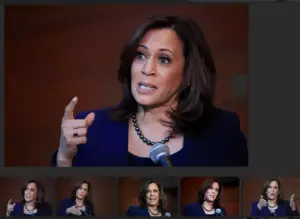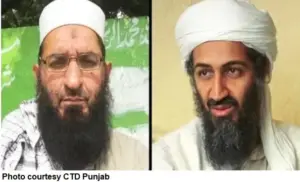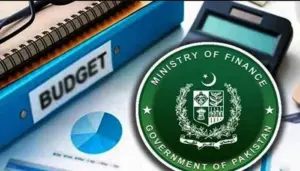Speakers urge for complete reorientation of policy towards youth
Karachi, Jul 1,2022- The speakers at a ceremony urged that the present education system in the country is flawed and there is need for complete reorientation of policy towards youth to end violent trends, and promote critical thinking as well as reasoning among them.
The participants said this at the launch of the report “How Youth in Sindh View State, Society, Religion, and Politics” released by Islamabad-based Pak Institute for Peace Studies (PIPS) here on Friday.
Lawmakers, academicians, students, journalists, human rights activists, and representatives of civil society participated in the event. The report is based on three-fold assessment including workshops providing the youth of Sindh an open forum to share their views and observations, and pre- and post-event surveys conducted by PIPS.
Member of Sindh Assembly Arsalan Taj speaking on the occasion viewed that there was an ever-increasing social divide in the society which also reflected in their education system. “Our education system discourages questioning among our students,” he said, adding that the same was necessary to promote critical thinking among youth.
Religious extremism among youth likely to aggravate in future, report
Another provincial lawmaker Ms Mangla Sharma underlined that the youth usually shape-up their thoughts at primary level and they need to focus on this system of education. She deplored that the present education system was flawed in a way that youth also see everything from the telescope of religion. She added that the content of civic education was absent from the present educational curriculum.
National Action Plan be owned by political leadership, not security forces: Report
Senior journalist Wusat Ullah Khan remarked that the class difference has increased in the wake of rapid growth of private schools in the country’s education sector. He stressed that the policymakers should look into this problem. “Education is meant to be an equalizer, but it has become a divider in Pakistan,” said writer and educationist Ghazi Salahuddin. He said that education was the only means to provide equal opportunities to citizens.
Human rights activist Kapil Dev was of the view that the slogan of state was not inclusive as it represented the majority only. “The state should make its slogan inclusive,” he said, adding that this could help the youth to become diverse and inclusive.
Earlier, Director PIPS Muhammad Amir Rana in his introductory remarks said that the purpose of the exercise was to identify loopholes in the education system, and the issues faced by the youth. The purpose is to share the same with the policymakers, and lawmakers to help them bring necessary changes in the curriculum and introduce new policies for betterment of the youth, he added.
Programme Manager PIPS Ahmed Ali also shared findings of the report with the participants.
At the outset, the report underlines that Sindh, the second largest province of Pakistan, has been seeing an upsurge in incidents of violence against religious, sectarian, and ethnic minorities since the beginning of the 21st century.
The province, which has the largest Hindu population of the country, is also grappling with issues like forced conversion of Hindu girls and vandalization of Hindu temples, according to the study report.
The research study says that there is a massive need to upgrade the education system by making classes more interactive and inclusive. The curriculum must be sensitive about portrayal of minorities, and it should encourage critical and rational thinking among youth, it adds.
“Teaching of key articles and provisions of the Constitution including those relating to fundamental rights and basic functions of the state should be made mandatory part of the curriculum.”
The report says the teachers should be trained to “build more inclusive environment in the classroom.”
It says that the discussion on women empowerment, and gender rights should extend beyond the recognition of economic and political rights of women, and transgender community to more sensitive issues of societal treatment of these groups.
The state should adopt a robust response to the hate speech directed against religious and sectarian minorities, concludes the study.





